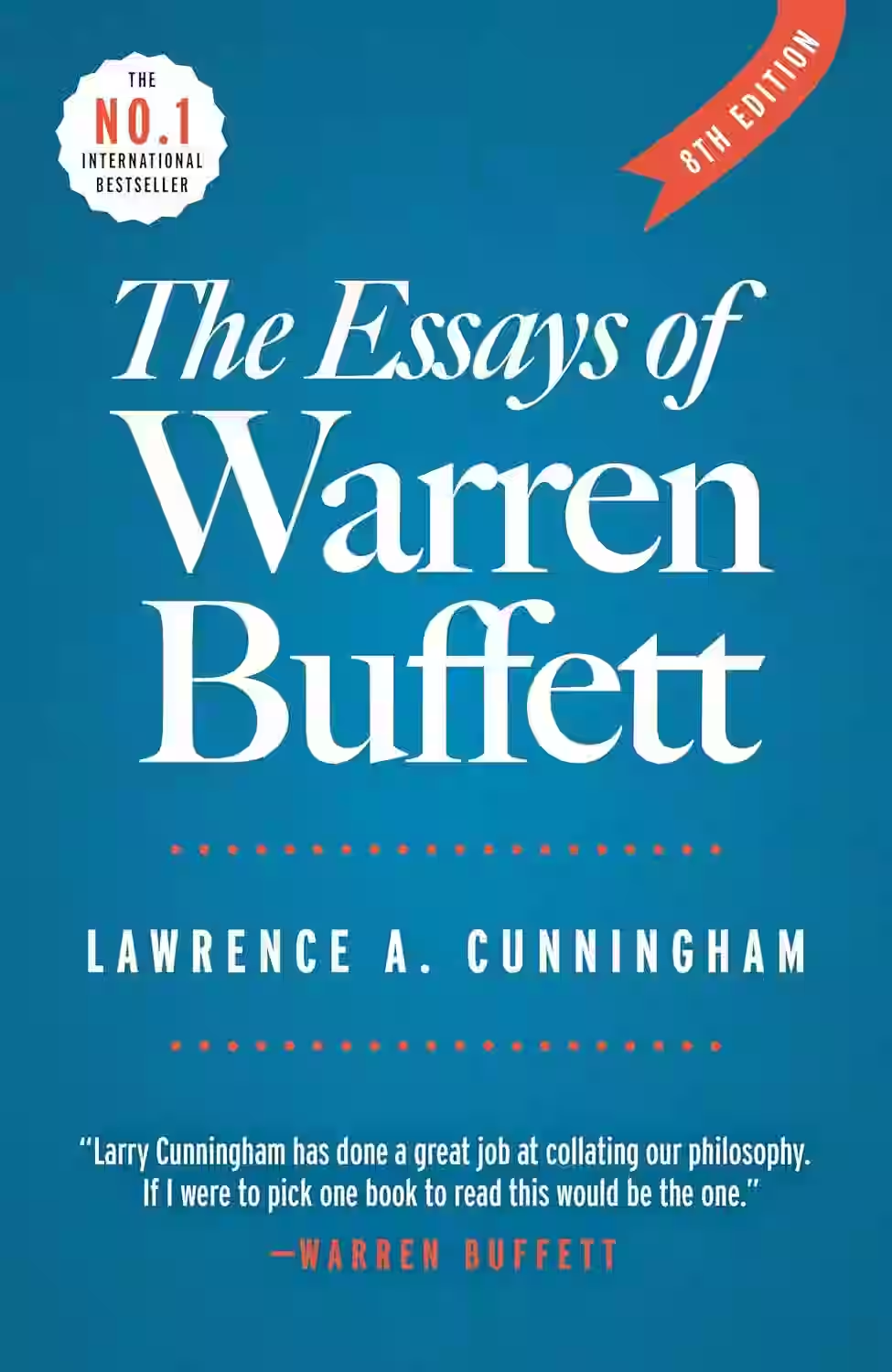
In 'The Essays of Warren Buffett,' readers are granted a rare glimpse into the mind of one of the most successful investors of our time. Through a collection of Buffett's insightful essays, the book delves into the fundamental principles that have guided his investment strategies and contributed to his immense wealth. Covering topics such as business valuation, corporate governance, and market behavior, Buffett offers practical wisdom and timeless advice for both seasoned investors and those new to the world of finance. His straightforward approach and emphasis on long-term thinking make this book a must-read for anyone interested in mastering the art of investing.
About Warren Buffett
Warren Buffett, born in Omaha, Nebraska in 1930, is widely regarded as one of the most successful investors in the world. Known as the 'Oracle of Omaha,' Buffett is the Chairman and CEO of Berkshire Hathaway, a multinational conglomerate holding company. Despite being primarily known for his achievements in the world of finance and investing, Buffett has also penned several influential essays and letters to shareholders. His works, filled with timeless wisdom and insights on business and life, have had a significant impact on the literature of investing and finance. Warren Buffett's unique blend of financial acumen and philosophical approach to wealth management has made him a revered figure in both the business world and the realm of literature.
About Lawrence Cunningham
Lawrence Cunningham is a legal scholar, professor, and author best known for The Essays of Warren Buffett, a curated collection of Buffett’s shareholder letters. Cunningham’s expertise lies at the intersection of corporate governance, accounting, and value investing. His work has helped demystify Buffett’s principles for a broader audience, offering accessible insights into long-term business thinking. As a professor at institutions like George Washington University and a frequent speaker on finance and law, Cunningham bridges academic knowledge with real-world application, making complex investment philosophies practical and understandable for professionals and students alike.
Similar Books
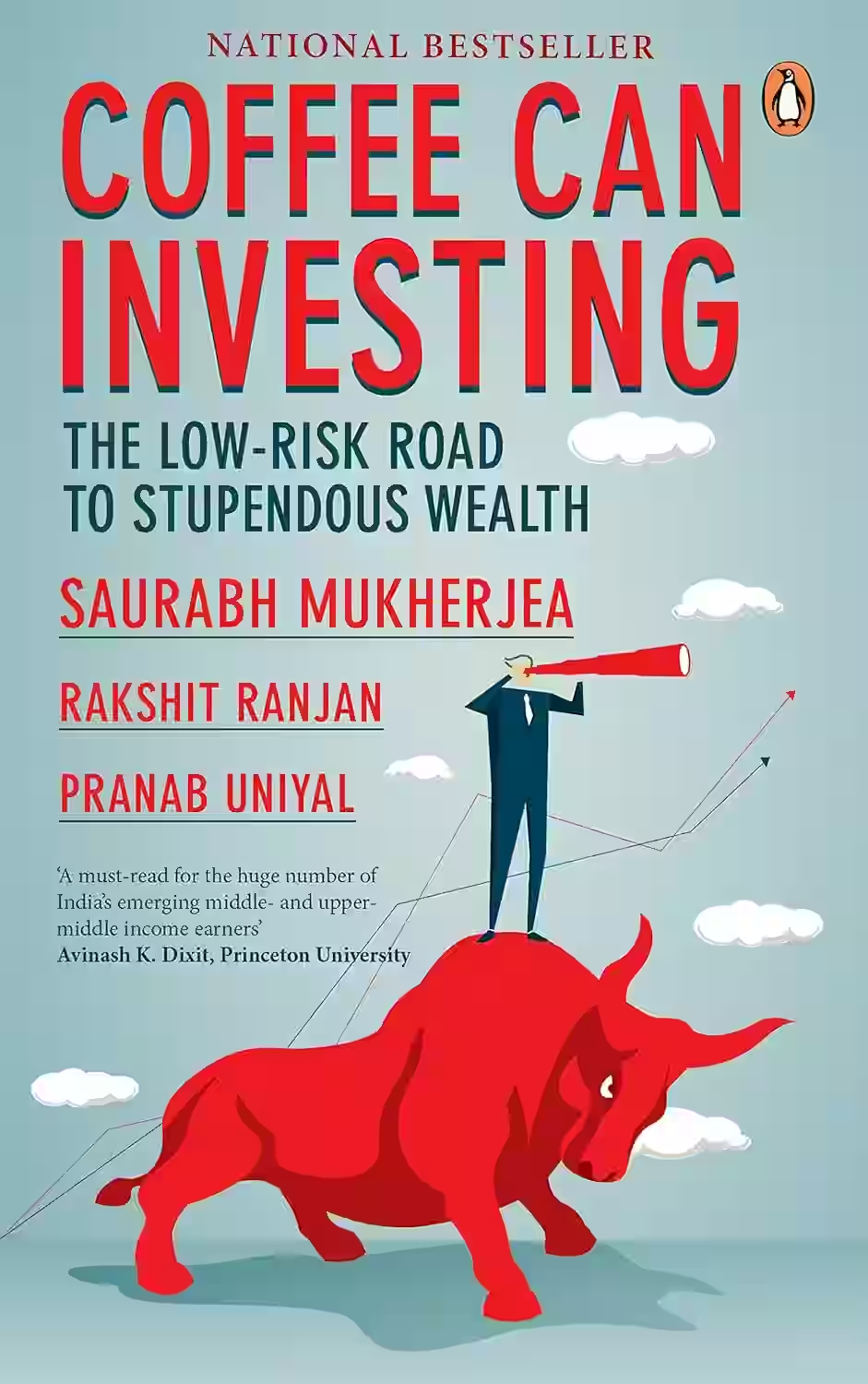
Coffee Can Investing: The Low Risk Road to Stupendous Wealth
In 'Coffee Can Investing: The Low Risk Road to Stupendous Wealth,' Saurabh Mukherjea offers a refreshing take on long-term investing strategies. He introduces the concept of 'Coffee Can Portfolio,' emphasizing the importance of selecting high-quality stocks and holding onto them for a significant period. Mukherjea combines practical advice with real-life examples, making complex financial concepts accessible to a wider audience. Readers will appreciate the book's straightforward approach and actionable insights tailored for both novice and experienced investors. With a focus on risk management and wealth creation, 'Coffee Can Investing' serves as a valuable guide for individuals looking to navigate the world of investing more effectively.
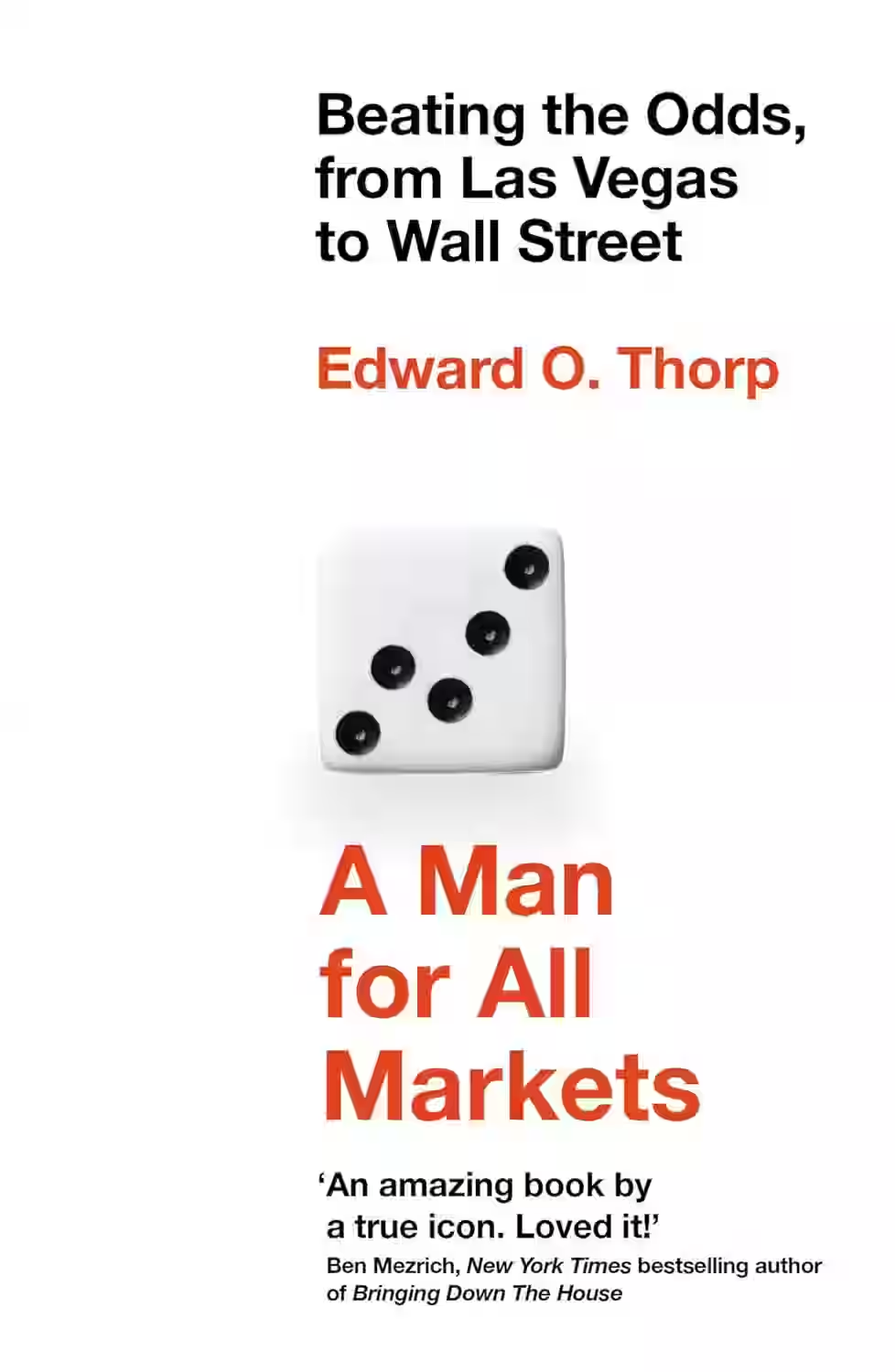
A Man for All Markets: From Las Vegas to Wall Street, How I Beat the Dealer and the Market
In 'A Man for All Markets', Edward O. Thorp takes readers on a captivating journey through his life as a successful mathematician and investor. Thorp shares his remarkable story of beating the odds in both Las Vegas casinos and Wall Street through his innovative strategies and analytical prowess. From his groundbreaking work in card counting to his pioneering approach to investment management, Thorp offers valuable insights into risk management and decision-making. This book seamlessly blends personal anecdotes with practical advice, making it a must-read for anyone interested in finance, mathematics, or simply an incredible true story of triumph over adversity.
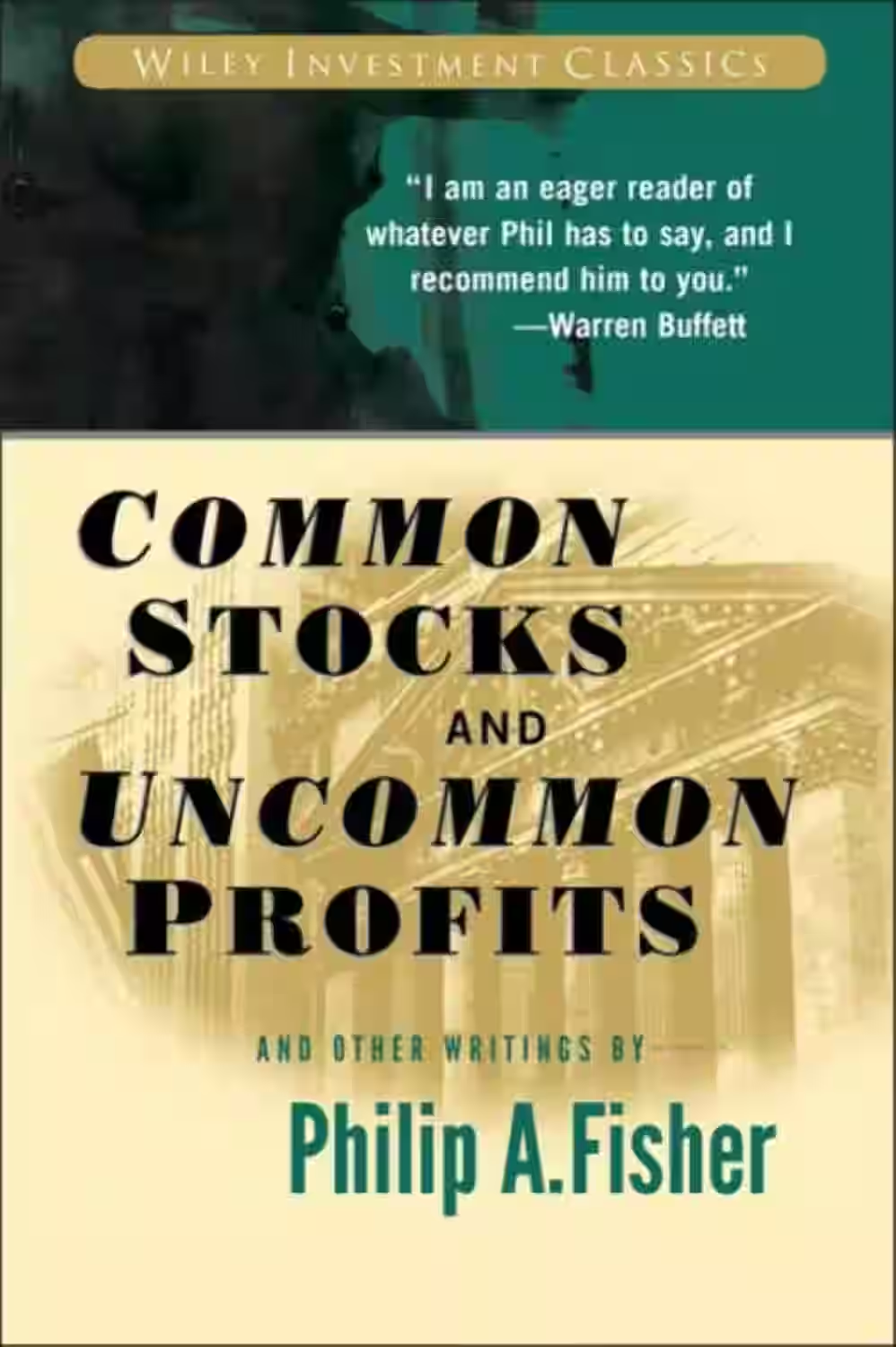
Common Stocks and Uncommon Profits
In 'Common Stocks and Uncommon Profits,' renowned investor Philip Fisher imparts timeless wisdom on stock investing. Fisher champions a long-term, research-intensive approach, emphasizing the importance of thoroughly evaluating a company's management, growth potential, and competitive advantages. Through detailed case studies and insights, he guides readers on how to identify exceptional businesses to invest in. The book highlights the significance of patience, due diligence, and a deep understanding of a company's intrinsic value. Fisher's influential investment principles have shaped the strategies of many successful investors. 'Common Stocks and Uncommon Profits' remains a seminal work that continues to inspire and educate aspiring investors.
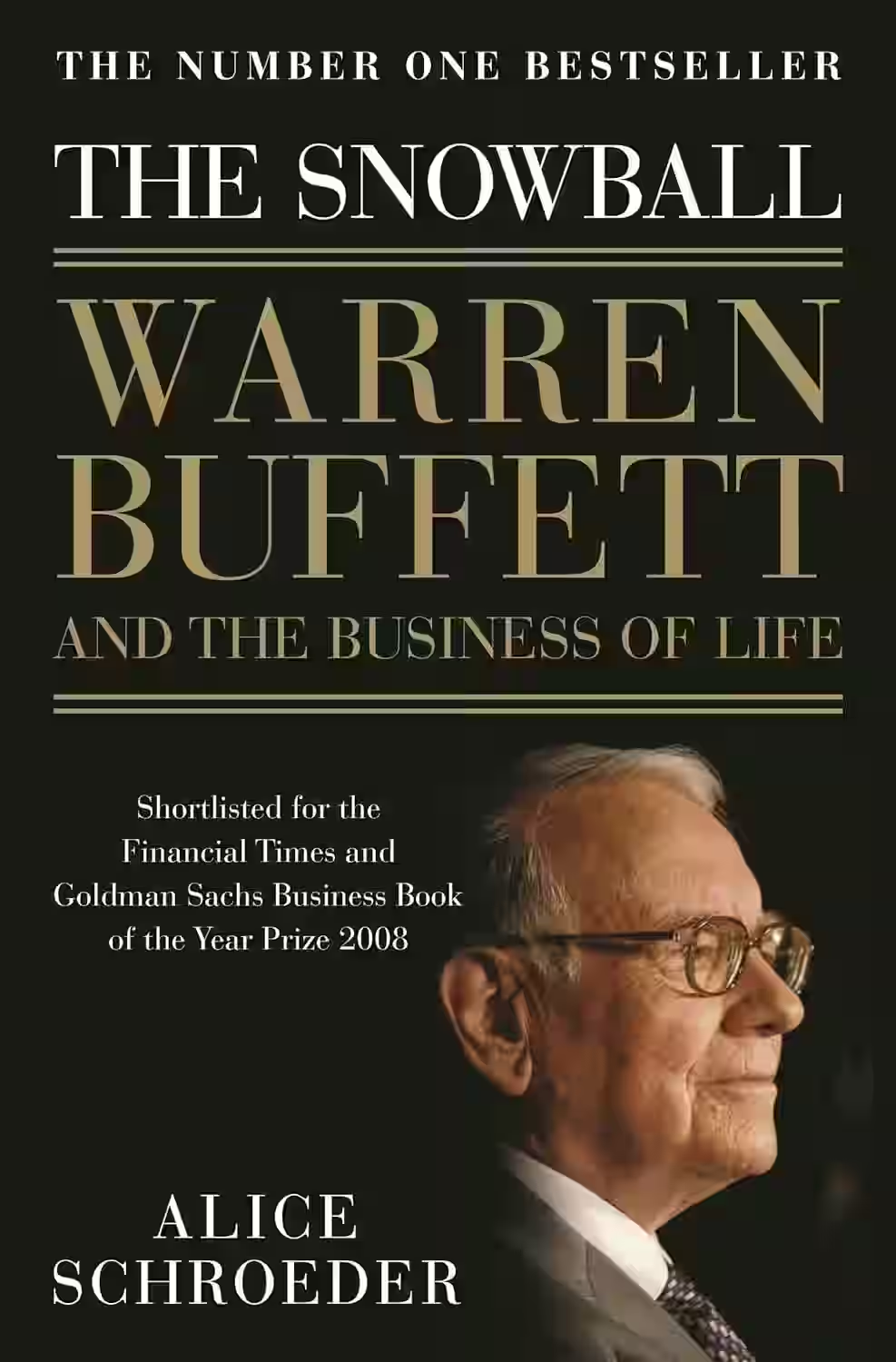
The Snowball: Warren Buffett and the Business of Life
In 'The Snowball: Warren Buffett and the Business of Life,' Alice Schroeder delves into the life of one of the most successful investors of all time, Warren Buffett. The book provides readers with a comprehensive look at Buffett's personal and professional journey, exploring his investment strategies, business decisions, and the principles that have guided his success. By chronicling Buffett's life from his early days to his rise as a billionaire, Schroeder offers valuable insights into the mindset of this legendary figure and the lessons that can be learned from his experiences. 'The Snowball' is a compelling biography that sheds light on the man behind the wealth.